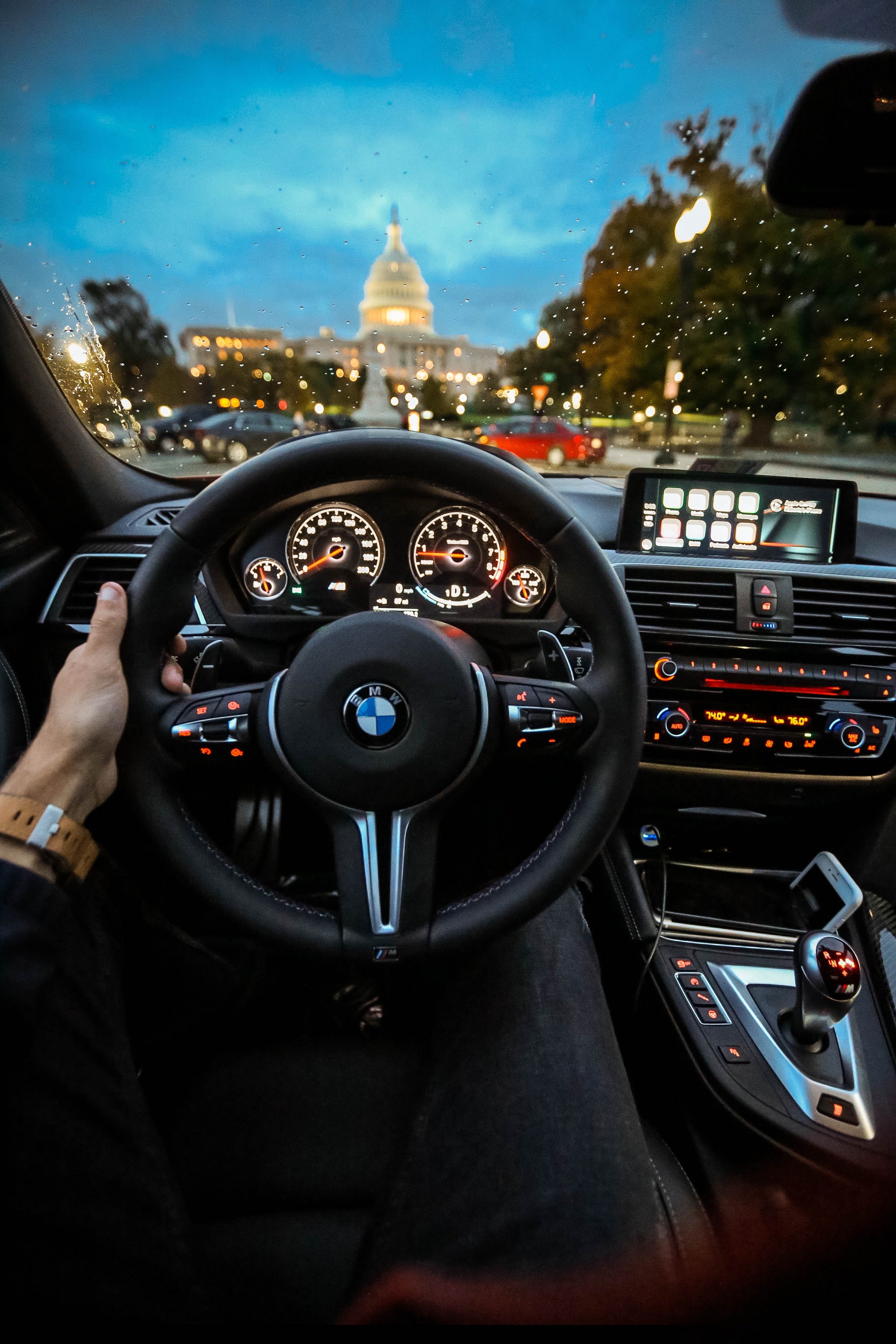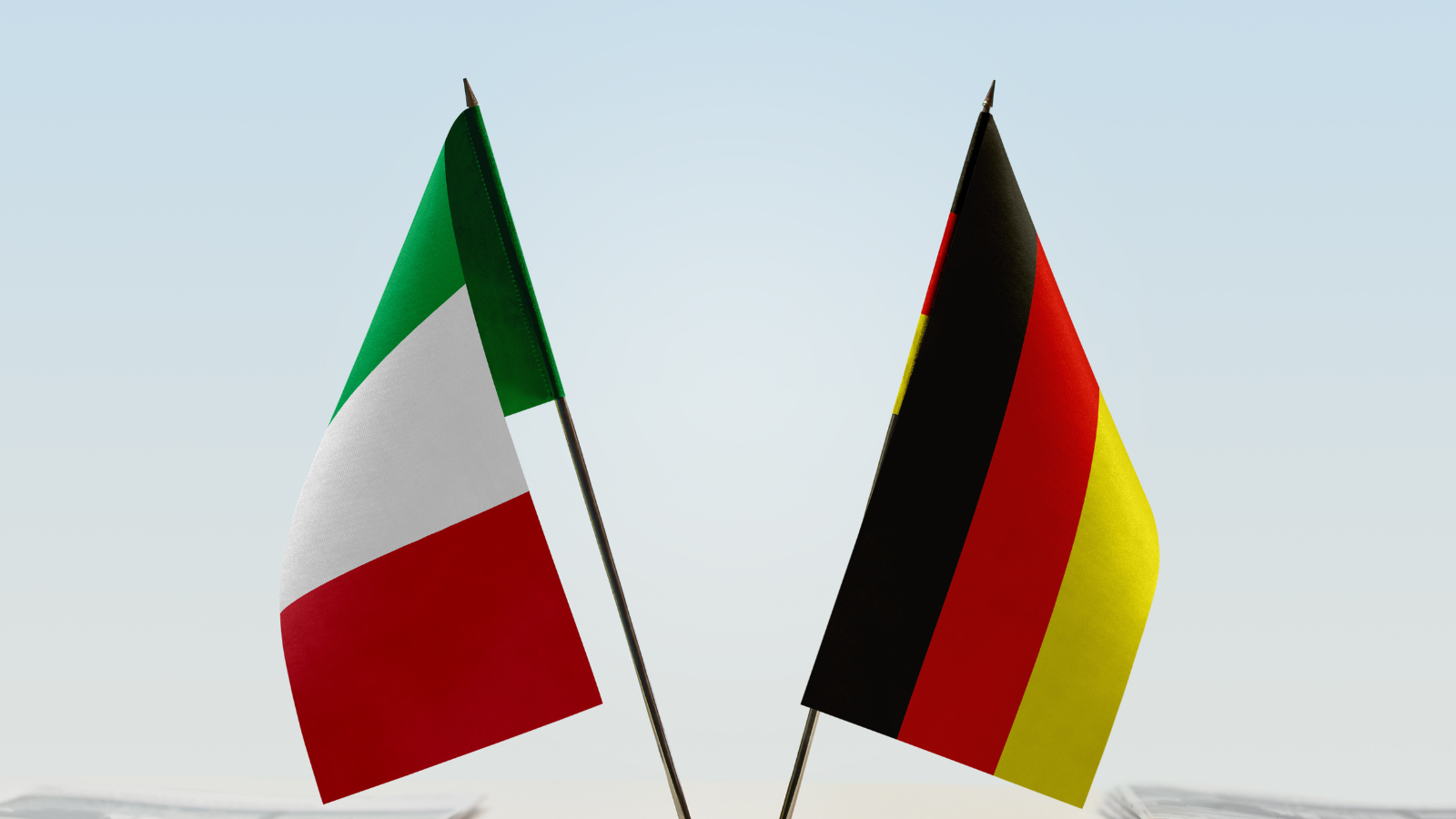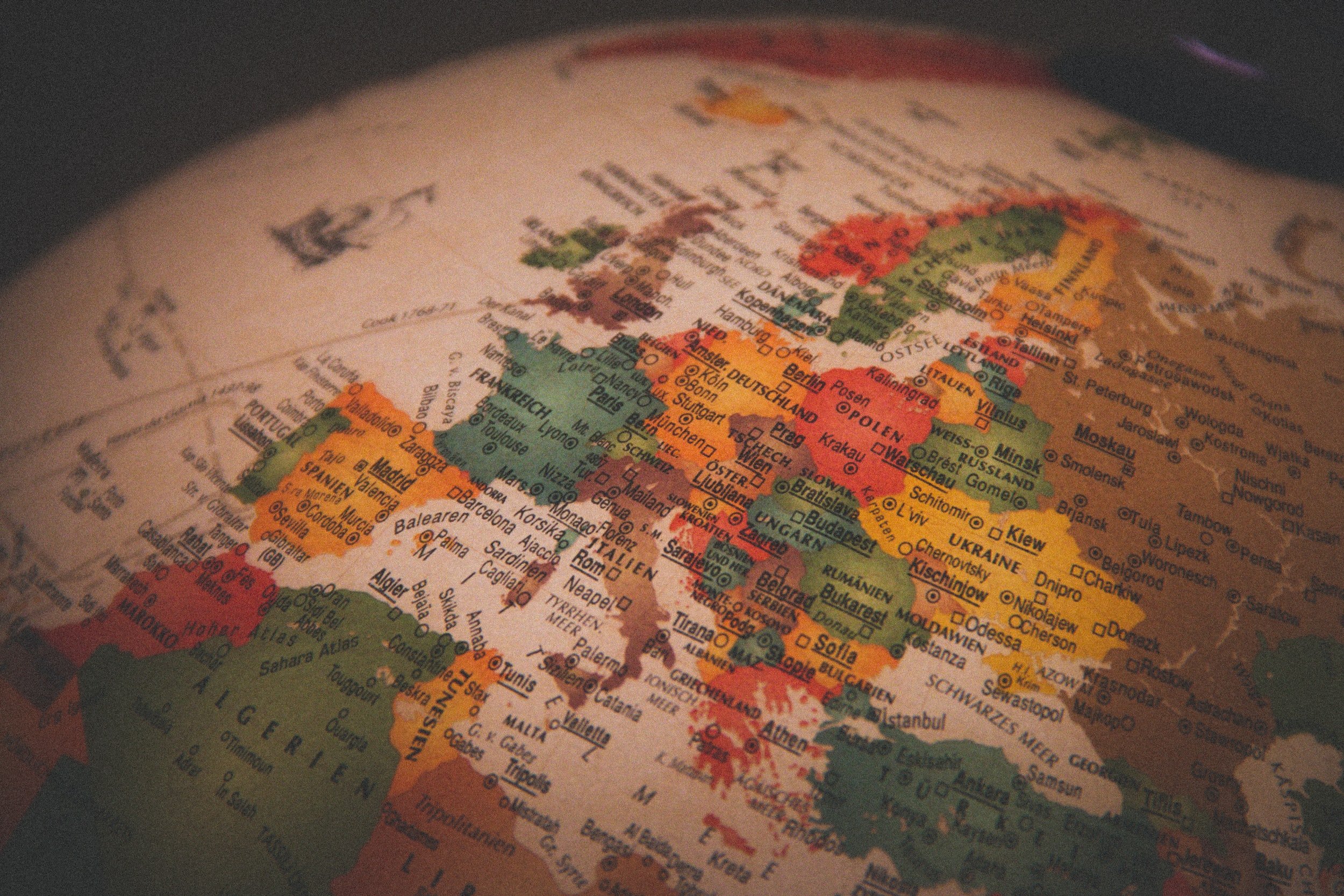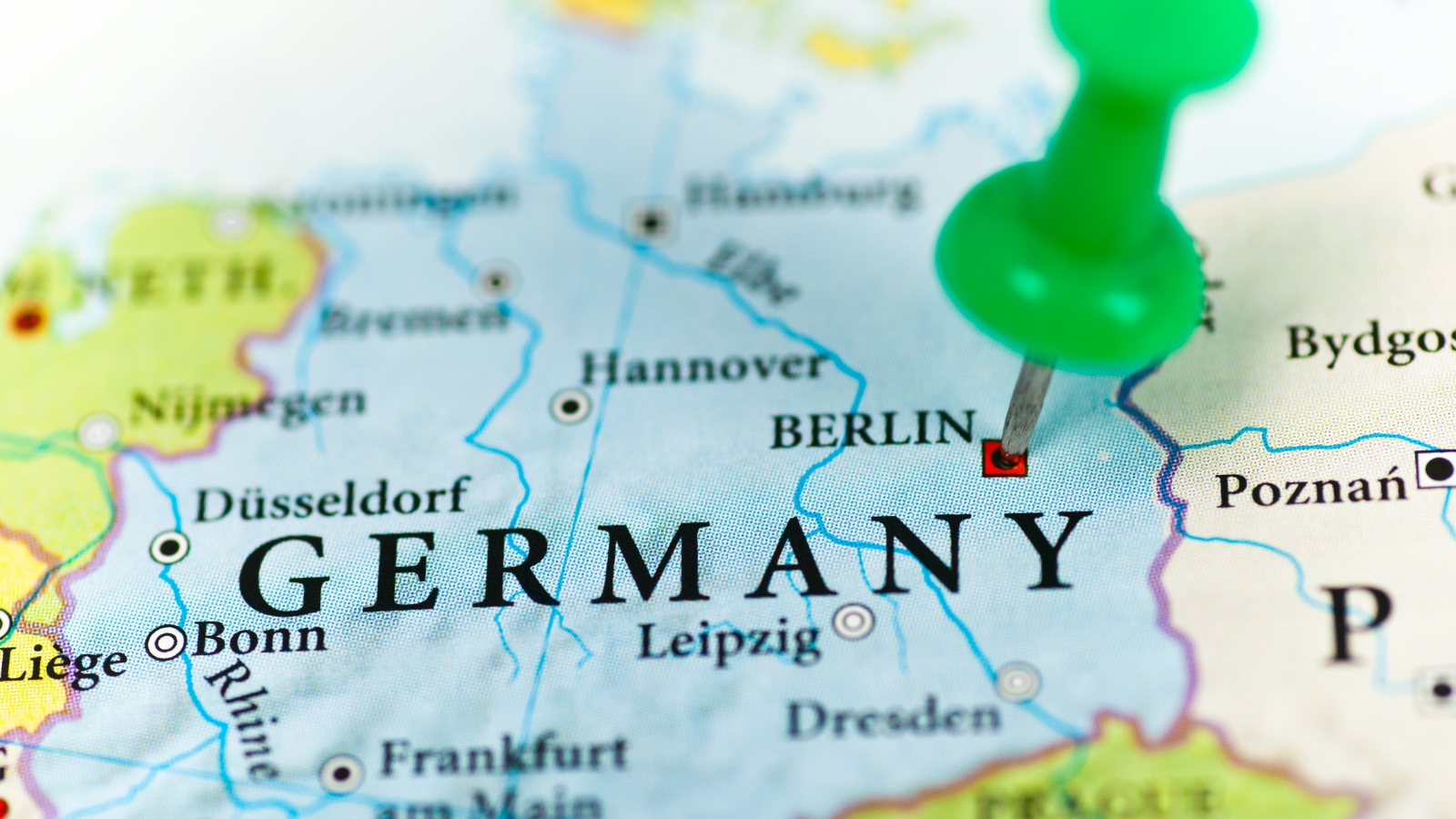Car hackers are on the rise
🚗 Car hackers are on the rise.
A group of German hackers recently breached a Tesla car, not with malicious intent but to access a paid feature – heated rear seats. These seats are typically unlocked after paying $300. The researchers, who were also the car's owners, physically tampered with the voltage supply to the car's infotainment system, glitching the computer and granting them free access to the rear heated seats. This "jailbreaking" process also allowed them to access internal systems and private user data. Automakers are increasingly offering features as paid subscriptions, akin to the smartphone app model, which raises cybersecurity concerns as more digital features connect vehicles to the internet, potentially creating new vulnerabilities for data theft and tampering.
Deutsche Bahn, Germany's national railway operator, has initiated the sale of its logistics unit, DB Schenker, as part of its strategy to concentrate on its core railway business.
German trade union IG Metall has rejected Swedish union IF Metall's call for a strike against Tesla Sweden, deeming it illegal.
France, Germany, and Italy have opposed the EU's draft AI legislation, particularly regulations concerning "foundation models" that underpin large AI language models.
A major rescue operation is underway in the North Sea after two cargo ships, the "Verity" and the "Polesie," collided off the German coast.
Germany has allowed France to use state subsidies for its nuclear power plants, breaking a deadlock in EU electricity market reform discussions.
Germany has announced plans to increase police patrols along smuggling routes on its borders with Poland and the Czech Republic to prevent more migrants from entering the country.
In August, new passenger car registrations in Germany increased by 37% year-over-year to 273,417, with a total of 1,913,564 new cars registered in the first eight months of 2023, up 16.5% year-over-year.
Germany, known for its economic prowess, is currently facing a stark reversal of fortune.
Chinese electric car manufacturers are making a significant push into the European market, using platforms like the International Motor Show (IAA) in Munich, Germany, to showcase their presence and challenge established players like BMW and Ford in the realm of battery-powered vehicles.
German automaker BMW has raised its outlook but anticipates challenges ahead related to its supply chain, electrification trends, and inflation
Sennder, the German digital freight forwarder, has announced the renewal of its joint venture with Poste Italiane, Italy's postal operator.
Shipping on Germany's Rhine River is being impacted by low water levels caused by unusually dry weather in Europe.
Intel is investing $4.6 billion in a new assembly and testing facility in Poland and expanding its investment in a semiconductor fabrication plant in Germany, totaling approximately $33 billion.
GXO Logistics has unveiled a multiyear expansion plan in Germany, starting with the construction of a 387,000-square-foot warehouse in Dormagen, a key logistics market.
Germany, Italy, and some other small eastern European countries have formed an alliance in order to voice opposition to Europe’s ban on combustion engines.
Sennder is a Berlin-based digital freight forwarder and logistics company that partners with Amazon to provide delivery services in Europe.
Meant to be spread out over five years, the plan to invest nearly $200 billion in the electrification transition comes on the heels of a 13% increase in operating profit year-over-year.
Experts are claiming that governments cannot afford to keep electric vehicle subsidies in place forever, and some are wondering if Germany is a sign of what’s to come.
Germany has traded Russia for Norway as the country’s import share dropped to just 22% in 2022. Russia began gradually cutting its gas supply via the Nord Stream pipeline to Germany over the summer and shortly thereafter ceased supplying via pipeline in September.
A driver of a Tesla in Bavaria, Germany awoke to quite a surprise on the A70 autobahn near the town of Bamberg, when he realized his vehicle was being chased by police.
German Chancellor Olaf Scholz’s cabinet outlined new regulations this week, highlighting critical infrastructures on a federal level to protect the country from Russian threats against its economy.
Amazon’s decision to integrate into ocean shipping has been speeding up shipments while lowering the company’s emissions via transportation.
Decades ago, the likes of BMW, Volkswagen, and Mercedes-Benz bet it all on China, now selling more vehicles in China than in any other market and building dozens of factories in the country.
Germany’s North Sea trade sphere is suffering from stagnancy.
It may have to get worse before it gets better.
The Rhine River situation is escalating, fast.
The Rhine River in Germany is a major shipping corridor for Central Europe, and it’s slowly drying up.





























Public transport services in Germany came to a halt as strikes organized by the Verdi union over working hours swept across 14 states, including Berlin.